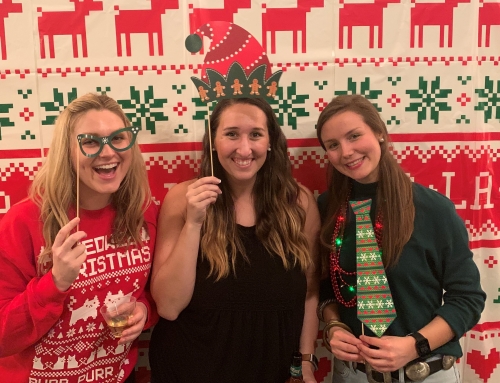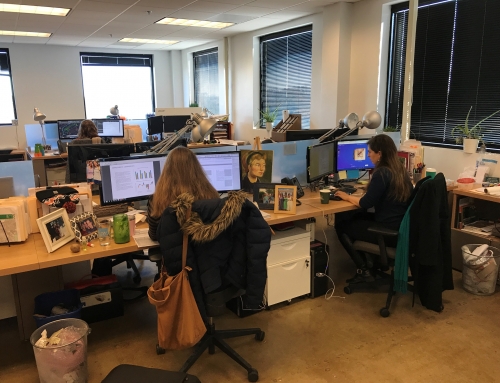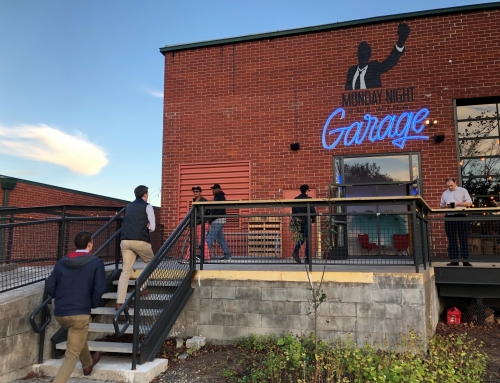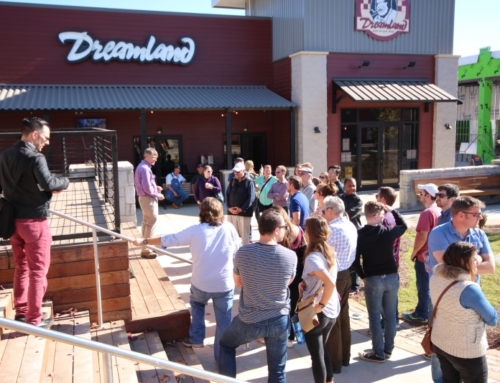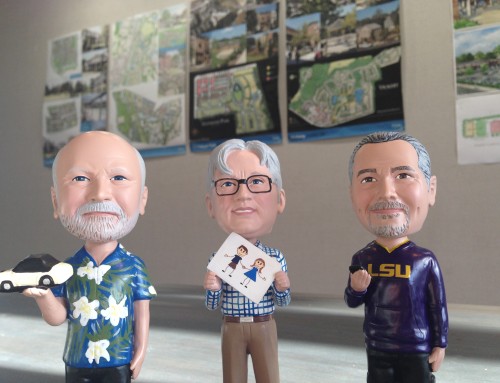City Commits to Key Project in the Bankhead MARTA Station Transit Area LCI Study Area
The City of Atlanta has announced plans to acquire the Bellwood quarry for conversion into a park. The proposed park, which first emerged as a recommendation from the Trust for Public Land’s BeltLine Emerald Necklace report, is critical to the transformation of the area around the Bankhead MARTA Station into a vibrant, mixed-use neighborhood center, complete with open space and greenway facilities. In addition to serving a critical citywide open space need, the park will be one of the Atlanta region’s most transit-accessible open spaces.
HDR, Inc., in conjunction with Tunnell-Spangler-Walsh & Associates, Marketek, Inc. and Dovetail Consulting, is preparing the Bankhead MARTA Station Transit Area LCI Study for the City of Atlanta.
Old mine holds key to Beltline’s 1st gem
David Pendered, Ty Tagami – Associated Press
The Atlanta Journal-Constitution
Wednesday, January 11, 2006The setting for the first jewel proposed in Atlanta’s planned Beltline, nicknamed the emerald necklace, is a rock quarry in the city’s gritty industrial district a few miles west of Midtown.
Atlanta Mayor Shirley Franklin stood near the edge of the gaping gravel mine Tuesday and said Atlanta intends to buy the 100-year-old Bellwood Quarry and turn it into a beautiful park with a lake.
“We can only imagine what this part of the city looked like 100 years ago,” Franklin said. “Now we have a different vision of water, green space and waterfalls.”
The location of the first big park proposed along the Beltline in a historically blighted community sends a clear message that Atlanta leaders intend for the Beltline to benefit all of its neighborhoods, and not just the wealthy ones, said Atlanta City Councilman Kwanza Hall. A key concern raised by some neighborhood leaders during the Beltline campaign last autumn was that affluent northeast Atlanta would receive the first of the Beltline goodies.
“We’ve hit the bull’s-eye,” Hall said. “This shows what kind of spirit is running through the leadership of the city. . . . Northwest Atlanta was a less desirable neighborhood for so many years in so many eyes. Locating it here means something.”
The purchase price is expected to be about $36 million, said Greg Giornelli, the president of the Atlanta Development Authority, who oversaw the formation of the Beltline’s planned network of trails, parks, transit and new development. Atlanta expects to pay Vulcan Materials Co. about $25 million to buy its lease to operate the quarry. The city would pay a fair market price for the land, estimated at $11 million, to Fulton County, which owns the 137.5-acre site.
The two City Council members whose districts would be most affected by the transaction said it would be a boon for the city. “Getting the quarry offline is certainly a positive step,” said Councilwoman Felicia Moore, whose district contains Bellwood.
Ivory Young, whose district abuts it, said the elimination of the quarry has been long desired by area residents. He said he expected the council’s Finance Committee, which meets this afternoon at Atlanta City Hall, to recommend the expenditure. “I think everybody’s excited,” he said.
No one has an idea of what the park would look like or how much it might cost. Atlanta has at least two years to figure it out. The quarry has two years to wind down operations, under terms of a potential deal.
The deal could close as early as February, said Ray Weeks, a developer tapped by Franklin to head her Beltline Partnership, a team of business and community leaders who’ve advocated for the Beltline. Weeks was intimately involved in the negotiations with Vulcan. But there still are several hurdles to clear.
First, the council has to agree to buy the lease and land. Discussions begin in earnest today, at the meeting of the Finance Committee. A proposal before the council calls for the city to use a mix of funds: proceeds from bonds approved last year for parks projects and future bonds backed by the special tax district created to pay for the $2 billion in Beltline projects.
If Atlanta makes an offer, Fulton County’s Board of Commissioners would consider the proposal. The commission endorsed the Beltline in December, voting to contribute its share of property taxes collected in the district to fund the Beltline.
Vulcan could be expected to accept the offer.
Community leaders were surprised to hear the news because they’d heard talk of the quarry acquisition but thought it wasn’t going to happen any time soon.
“Wonderful, that’s incredible,” Comer Hobbs Jr., president of the Howell Station Neighborhood Association, said when told of the mayor’s announcement.
He represents a collection of 300 older homes about a block to the east of the quarry, and said the blasting and heavy truck traffic were an ongoing nuisance — even a health threat because of particulates released into the air.
“Our curbs are never clean, there’s always a triangle of dust on every one of them,” he said. “This could be a dream come true.”
Mike Koblentz, chairman of the Northwest Community Alliance, which represents 18 neighborhoods, said the conversion would be “a tremendous plus for the northwest, there’s no question.”
He predicted a rush of development would result, since land values are far below those in nearby Midtown to the east.
Developer Chip Drury said he too thinks developers will flock to the area. He is a partner in the massive redevelopment of the property that once held one of the city’s worst housing projects. Perry Homes was razed to make way for the West Highlands development, which is just west of the quarry. It is a mix of commercial and residential development that Drury said will ultimately contain 2,000 to 3,000 housing units.
And there’s plenty of land for more people in what he described as a “massively underdeveloped” part of Atlanta. “This is a watershed event in the history of the city,” Drury said. “The city can only grow west because that’s where the land is.”

